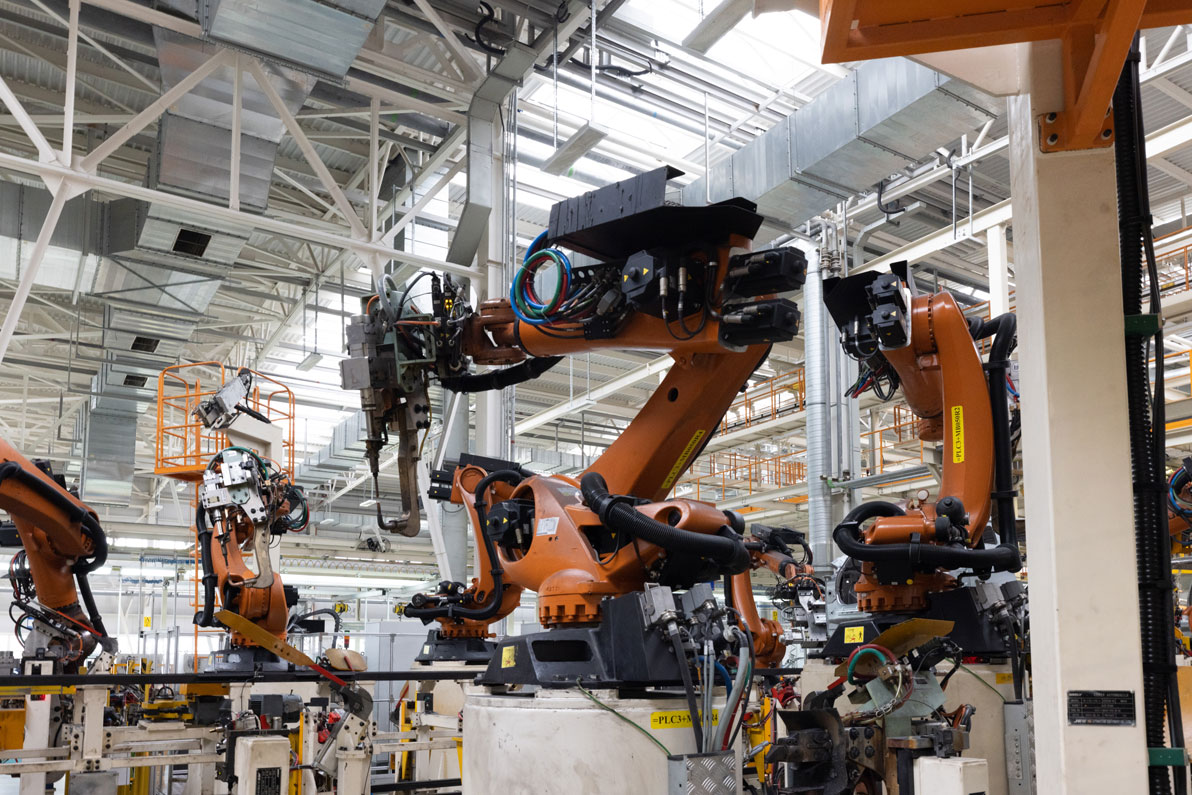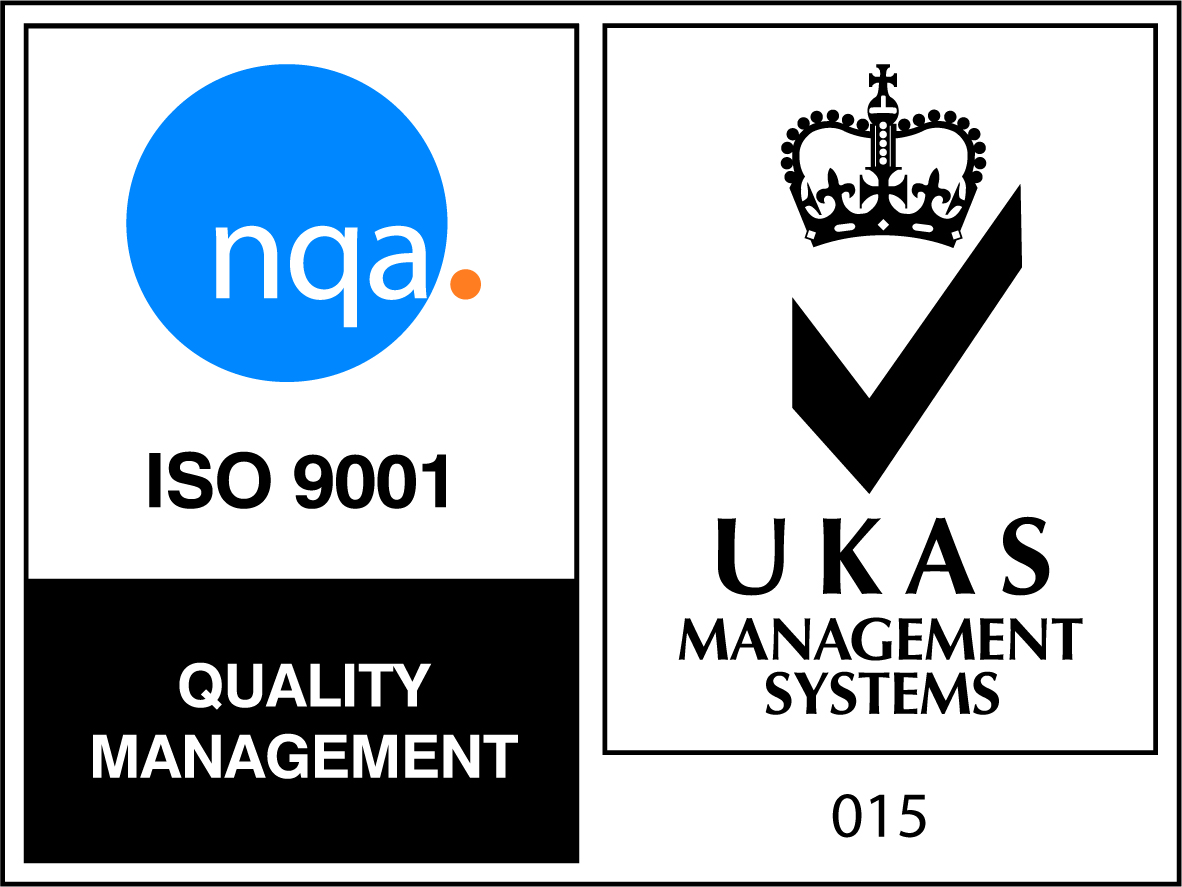Automation in Manufacturing: The Importance of Updating Your Processes

In the UK, where manufacturing contributes significantly to the economy, embracing automation is not just a trend—it’s a necessity. The importance of updating manufacturing processes with the latest automation technologies cannot be overstated. As businesses navigate the challenges of a post-Brexit world and the impacts of globalisation, the need for efficient, innovative, and adaptable manufacturing processes has never been more pressing.
The Changing Face of Manufacturing in the UK
The UK manufacturing sector is renowned for its rich heritage and innovation. However, the industry faces increasing pressure from international competition, fluctuating market demands, and the quest for sustainability. In this context, automation offers a lifeline. It enables manufacturers to improve efficiency, reduce costs, and maintain competitiveness. But merely having automation technology isn’t enough; the key lies in continuously updating and refining these systems.
Why Updating Automation Systems is Crucial
Technological Advancements:
The pace of technological advancement in automation is rapid. New technologies, such as artificial intelligence (AI), machine learning, and the Internet of Things (IoT), are constantly emerging. These advancements offer more precise, efficient, and adaptable manufacturing solutions. By updating automation processes, manufacturers can leverage these innovations to stay ahead of the curve.
Increased Efficiency and Productivity:
Outdated systems can become a bottleneck, slowing down production and increasing the likelihood of errors. Updated automation systems streamline processes, reduce downtime, and increase throughput. For instance, predictive maintenance enabled by IoT sensors can prevent unexpected breakdowns, thereby ensuring continuous operation and reducing maintenance costs.
Cost Reduction:
While the initial investment in new automation technologies can be significant, the long-term cost savings are substantial. Modern systems are often more energy-efficient and require less manual intervention, leading to lower operational costs. Moreover, as technologies become more widespread, the costs of implementing them decrease, making it more accessible even for small to medium-sized enterprises (SMEs).
Quality Improvement:
Consistency and precision are hallmarks of automated processes. Updated systems can better monitor and control production quality, reducing the incidence of defects and ensuring that products meet stringent quality standards. This is especially critical in industries such as aerospace and pharmaceuticals, where even minor deviations can have significant consequences.
Enhanced Flexibility and Scalability:
The UK market, like many others, is subject to rapidly changing consumer demands and economic conditions. Modern automation systems offer greater flexibility, allowing manufacturers to quickly adapt to new product lines or shifts in production volume. This adaptability is essential for maintaining competitiveness in a dynamic market.
Addressing the Skills Gap
A critical component of successfully updating automation processes is addressing the skills gap. As automation technology advances, the demand for skilled workers who can operate, maintain, and innovate with these systems grows. In the UK, there is a pressing need to invest in education and training to equip the workforce with the necessary skills. Collaborations between industry and educational institutions can help bridge this gap, ensuring a steady supply of qualified professionals.
At In-Comm Training we are empowering employers, from SMEs to OEMs in their journey to efficiency. It’s our duty to not only provide the correct training for industry, but to raise awareness to the younger generation of the variety of fulfilling careers you can get within manufacturing and engineering.
Browse our range of upskilling courses and apprenticeships here.
The Role of Government and Industry Collaboration
Government policies and incentives play a crucial role in encouraging the adoption of advanced manufacturing technologies. In the UK, initiatives such as the Made Smarter programme aim to support digital transformation in manufacturing. By offering financial incentives and guidance, these programmes help businesses, particularly SMEs, to invest in and adopt new technologies.
Sustainability and Automation
Sustainability is another significant driver for updating automation processes. The UK government has set ambitious targets for reducing carbon emissions, and manufacturing plays a key role in achieving these goals. Modern automation technologies can significantly reduce energy consumption and waste, contributing to more sustainable manufacturing practices. This not only helps the environment but can also enhance a company’s reputation and appeal to eco-conscious consumers.
Conclusion: A Call to Action
For UK manufacturers, the message is clear: the time to update and invest in automation is now. The benefits of doing so—improved efficiency, cost savings, enhanced quality, and greater competitiveness—are compelling. As the industry navigates the challenges of the 21st century, those who embrace the latest automation technologies will be best positioned to thrive.
As Labour won the recent General Election, followed the King’s Speech: among the new government’s proposals most relevant to manufacturing are:
• The establishment of an Industrial Strategy Council
• Encouraging investment in industry, skills and new technologies
• The creation of a National Wealth Fund designed to attract billions in private sector investment in infrastructure and green industry
• And the establishment of Great British Energy, a state-owned company to invest in renewable energy, will give the UK energy independence, create new jobs, save money for households and tackle climate change.
Source: The Manufacturer
In conclusion, updating automation processes is not merely an option; it’s an imperative. By keeping pace with technological advancements and fostering a skilled workforce, UK manufacturers can secure their place at the forefront of the global market. The journey towards a more automated, efficient, and sustainable future starts with taking the first step today.
Stay in touch with In-Comm Training across our socials for some key updates in robotics and automation, with exciting announcements coming soon!


